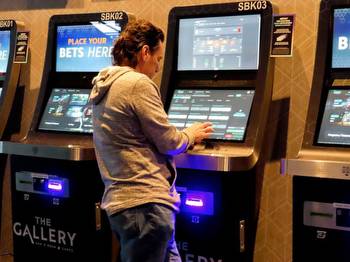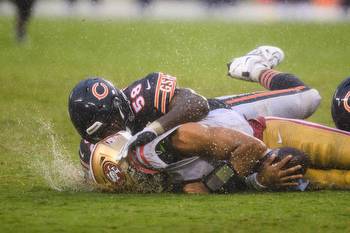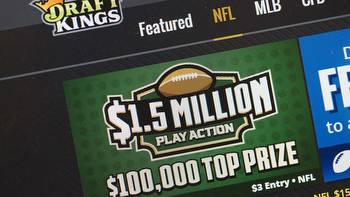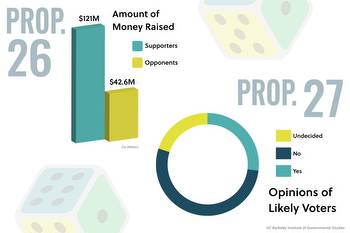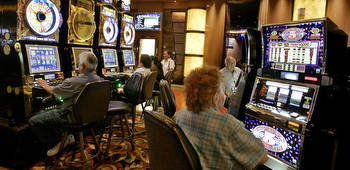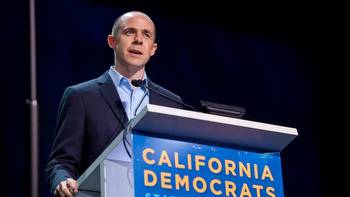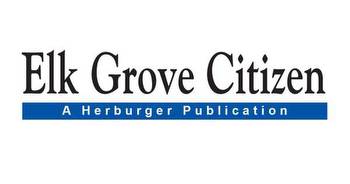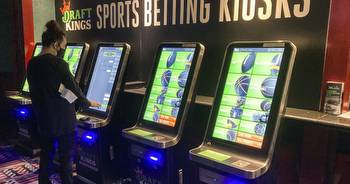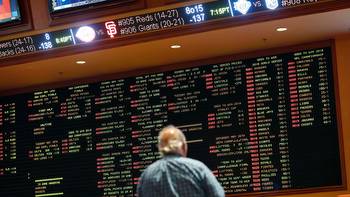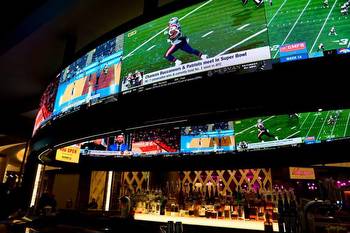Fact Checking Ads For California’s Sports Betting Propositions

Some of the ads for California's sports betting initiatives are oversimplified. Professor Mary Beth Moylan says the ad are not fully accurate. Proposition 26 would legalize sports gambling at tribal casinos and at California’s four private horse race tracks. Proposition 27 would allow online and mobile sports bets.
Leaders from three of California's federally recognized Native American tribes support the online sports betting proposition. Over 50 tribes and tribal organizations oppose Proposition 27. They say it would disrupt the gaming that has been operating on tribal lands for decades.
Some tribal leaders support Proposition 27, but far more oppose it.
Tribes that have compacts with the state of California that allow them to offer gambling could create their own mobile sports betting app or website. They could also partner with a gaming company that wants to launch online sports bets. The initiative also taxes online betting and sets aside 15% of the money for tribes that aren't involved in sports.
Fact checking ads for California’s Sports Betting Propositions.
The Legislative Analyst’s Office reviews each proposition and estimates the new costs and revenue each could create for the state. Proposition 27, via taxes and fees, would increase money flowing to the State by “possibly in the hundreds of millions of dollars but likely not more than $500 million annually” First, that money would be used to cover new expenses related to regulating sports betting. Then, 15% would go to tribes that don't participate in sports gambling, and 85% to homelessness solutions.
Proposition 27 could generate hundreds of millions of dollars per year for the state to address homelessness. California spent $7.2 billion on homelessness-related programs in the 2021-22 budget year.
Proposition 27 taxes online sports betting at a rate of 10%. If it passes, gaming companies headquartered in other states will want to get in on the action. The companies bankrolling the initiative have some of the most popular online gaming platforms. If California tribes offer mobile and online betting on their own, they would earn some profits.
Fact checking ads for California’s Sports Betting Propositions. The companies funding the campaign are headquartered outside California.
Proposition 26 allows anyone who believes someone is breaking gambling laws to sue. They have to ask the Department of Justice to act. If the department doesn't take action, or the court rejects the case, it can be re-filed.
In 2000, Californians voted to allow tribes to offer certain forms of gambling. Proposition 26 would expand tribes' exclusive rights to do that. It would also allow private trial lawyers to bring cases that are currently under the purview of government lawyers. The campaign hasn't hidden that tribes intend to sue cardrooms, which compete with tribal casinos. Law professor Moylan says the idea that this would unlock a slew of frivolous lawsuits is not true.

